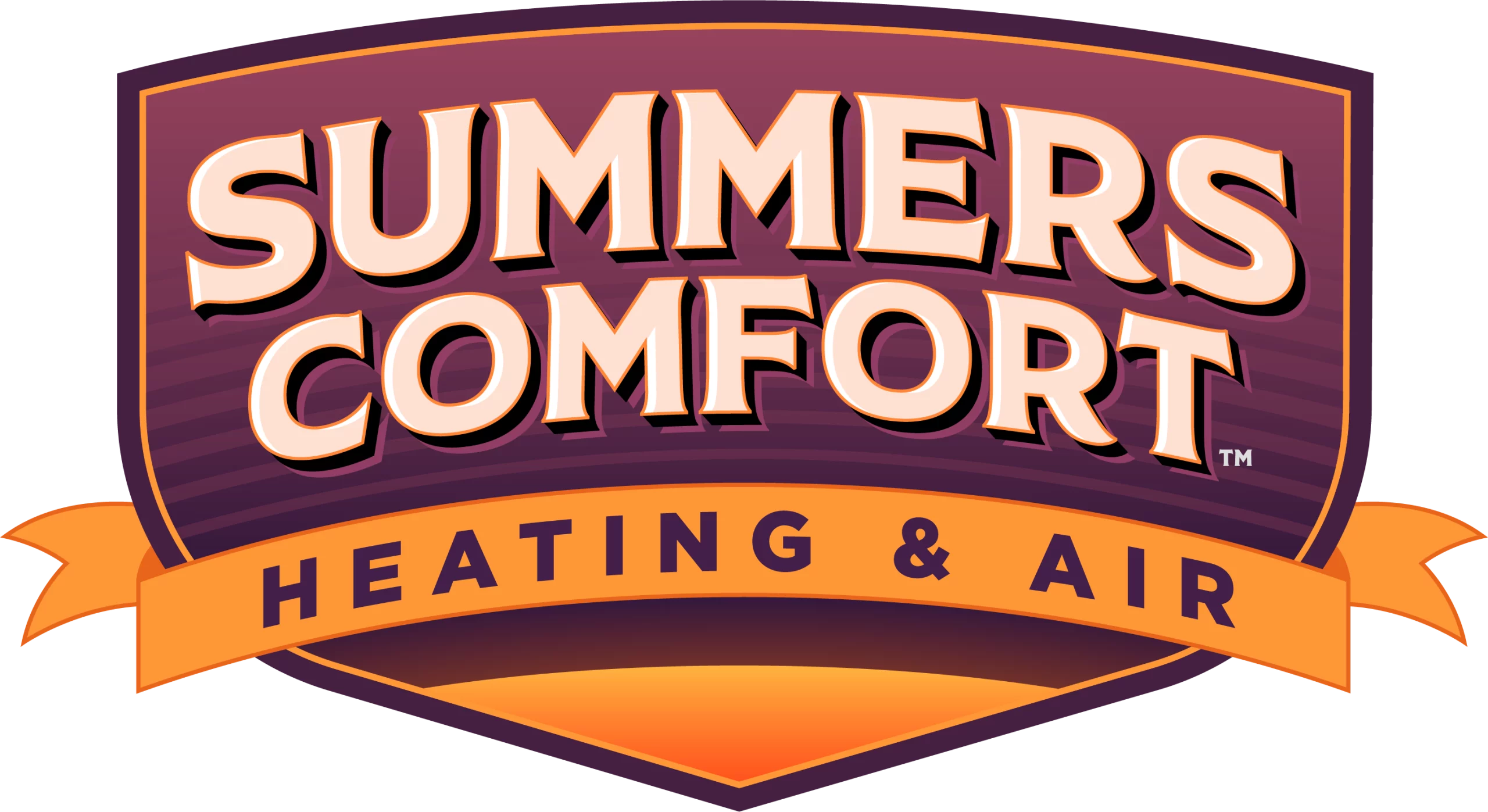Your Guide to Understanding Your System
Navigating the complexities of Heating, Ventilation, and Air Conditioning (HVAC) systems can be daunting for many homeowners. Understanding how your system works and how to maintain it can save you time, money, and ensure your home remains comfortable year-round. Here’s a handy guide to some of the most common HVAC questions, complete with expert answers to help demystify your home’s heating and cooling systems.
Common HVAC Questions Answered
- What is the ideal temperature to set my thermostat in the summer and winter?Answer: The ideal temperature can vary based on personal comfort, but the general recommendation is to set your thermostat at 78 degrees Fahrenheit in the summer and 68 degrees Fahrenheit in the winter when you’re at home. When you’re away from home or sleeping, adjusting the temperature by 7-10 degrees can help save energy and reduce your utility bills.
- How often should I replace my HVAC filter?Answer: It’s best to change your filter every 90 days as a general rule. However, if you have pets, allergies, or a larger family, you might need to change it more frequently, such as every 60 days or even monthly to ensure optimal air quality and system efficiency.
- Why is my HVAC system making noise?Answer: Some noises are normal, especially when the system starts up or shuts down. However, unusual noises like banging, whistling, or grinding can indicate problems. A banging noise might suggest a loose part, whereas a whistling sound could point to an air leak. It’s best to call a professional if you notice unusual sounds.
- How long does an HVAC system usually last?Answer: The lifespan of an HVAC system varies based on the type of system, how well it is maintained, and usage patterns. Typically, a well-maintained HVAC system can last between 15 to 20 years. Regular maintenance can help extend this lifespan further.
- What’s the difference between a heat pump and a furnace?Answer: A furnace generates heat by burning fuel (typically gas, oil, or electricity), while a heat pump works by extracting heat from outdoor air (even in cold weather) and transferring it inside. Heat pumps can also cool your home by reversing this process, making them versatile for both heating and cooling.
- Can a smart thermostat really save me money?Answer: Yes, smart thermostats can save money on energy bills by learning your schedule and adjusting your home’s temperature accordingly. They minimize energy use when you’re away and optimize climate control for when you are home, potentially saving you up to 10-20% on heating and cooling costs.
- How often should I have my HVAC system serviced?Answer: It’s recommended to have your HVAC system professionally serviced at least once a year; ideally, heating systems should be checked in the fall and air conditioning systems in the spring. This helps ensure your system is running efficiently and can prevent unexpected breakdowns.
Knowing the basics of your HVAC system is essential for any homeowner. Regular maintenance, understanding the functions of your system, and knowing when to call a professional can help keep your HVAC running efficiently and your home comfortable. For those in Denham Springs, remember that Summers Comfort Heating & Air offers cool, comfortable, and caring service to help with all your HVAC needs.
With this guide, you can feel more confident about the basics of your HVAC system and be better prepared to handle common issues that may arise.




